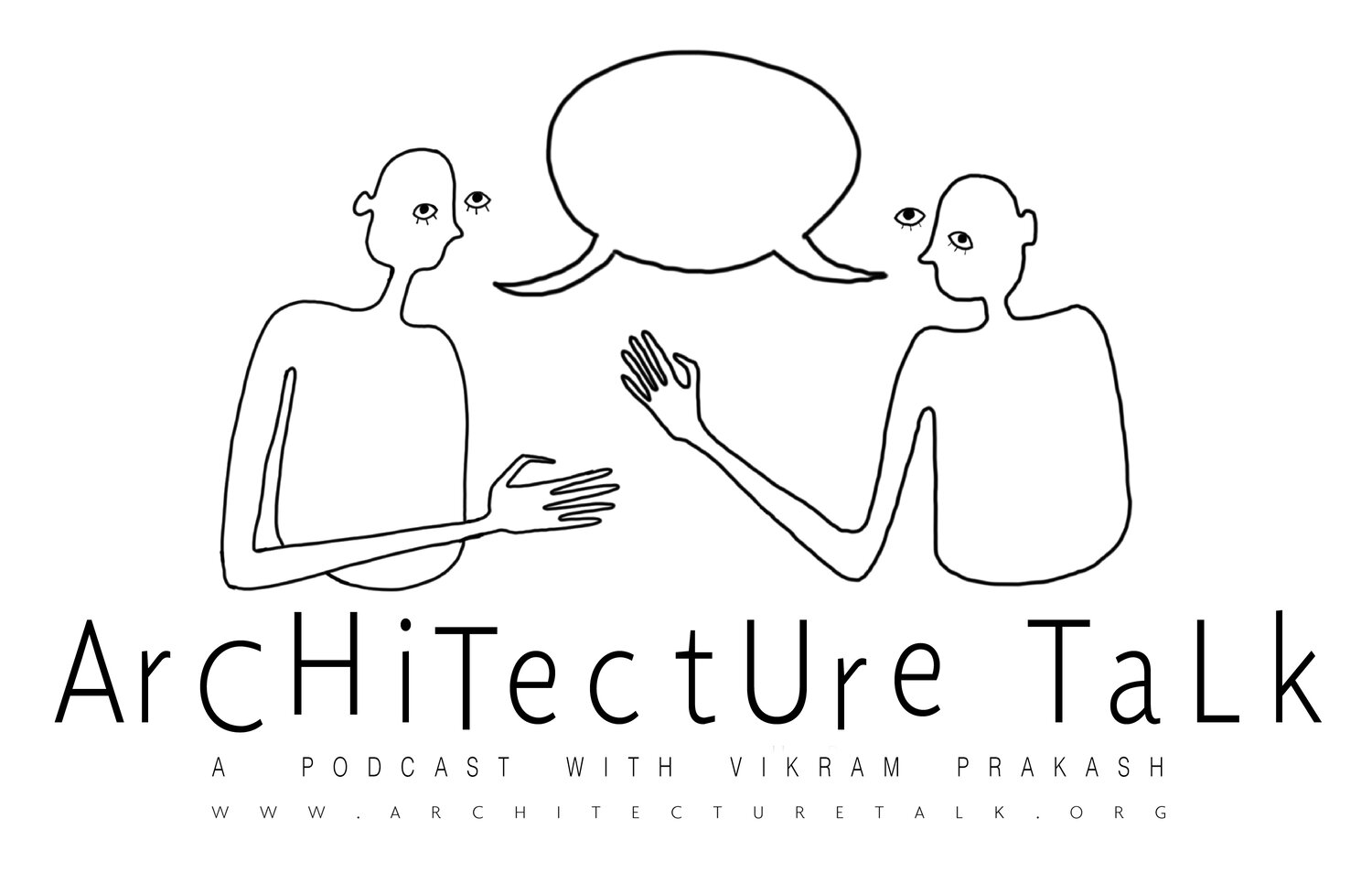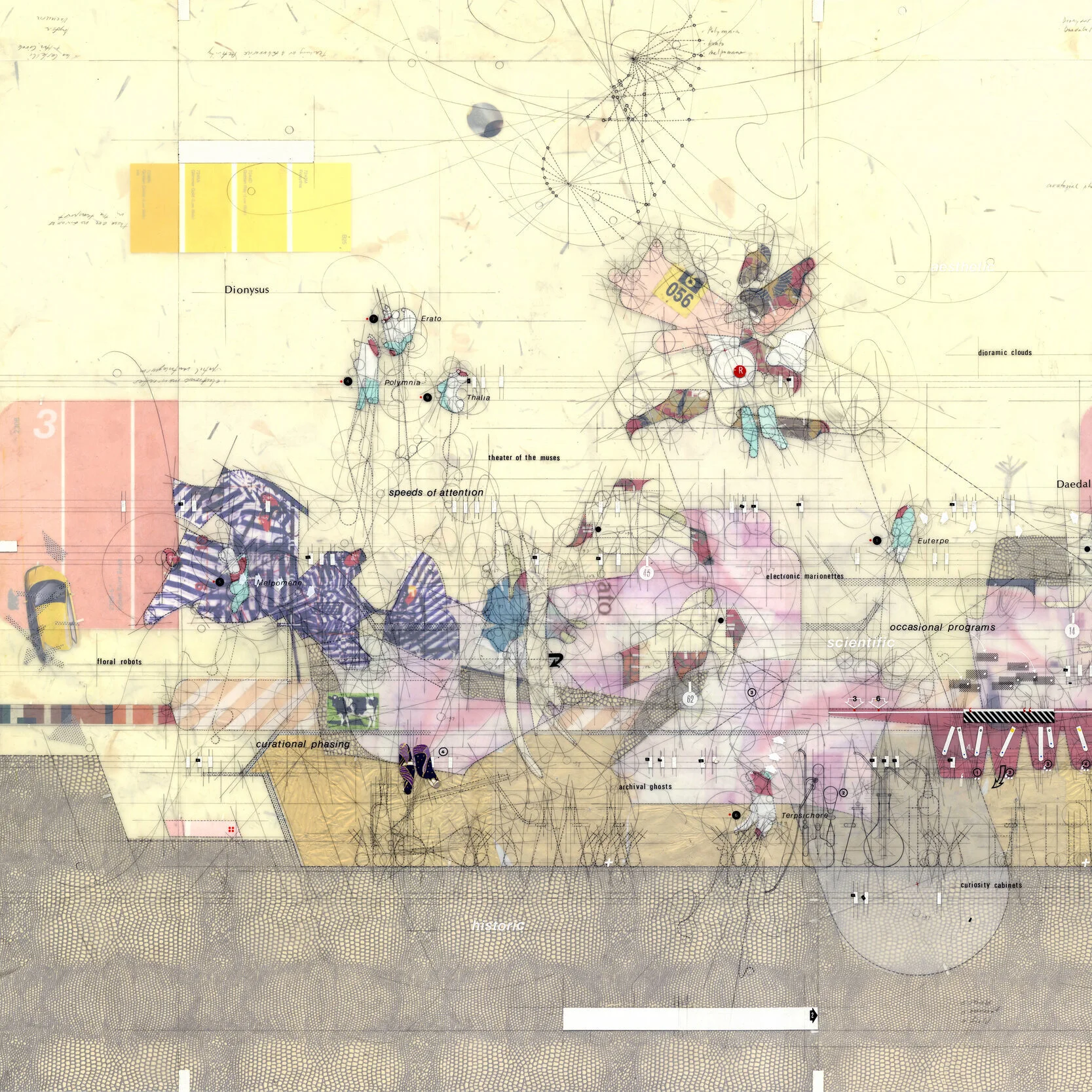66. AITC: Probiotic Architecture with Rachel Armstrong
Spindly Beasty by Amelia Jarvinen
“The practice of experimental architecture through living architecture is embracing a paradigm that is emerging…that paradigm shift is the transition from an industrial era of thought and design towards an emerging and undefined ecological era.”
- Dr. Rachel Armstrong
What is architecture and what is its frontier of thinking in the time of Corona virus? This week, we talk with Dr. Rachel Armstrong of Living Architecture Systems Group and Professor of Experimental Architecture at Newcastle University. We ask, what is living architecture? What are alternative modes of being and building in the world? What are the implications of the Corona virus as a living system, and how might that impact what architecture might be?
Timestamp Outline
3:00 Vikram introduces Dr. Rachel Armstrong and reads from the abstract of her new book
5:20 Living bridges of Cherrapunji
5:30 “What is your conception of living architecture?” VP
5:40 “The practice of experimental architecture through living architecture is embracing a paradigm that is emerging…that paradigm shift is the transition from an industrial era of thought and design towards an emerging and [undefined] ecological era.” RA
6:20 “What living architecture does [...] is embody the processes of life as the form of experiment, as the context and ethical and environmental framework in which the experiments in design and space and matter can take place...we stand inside a system and embody life itself.”
8:30 Donna Haraway’s Cyborg Manifesto
10:30 “Why do you use the term choreography?” VP
10:36 Material agency and inner life of a system
12:00 “How do we design in a world that is more than human?” RA
15:55 “This idea of non-innocence...the acknowledgement of your status within an experiment within design...is complicated and entangled with all kinds of other things that are going on.” RA
16:30 discussion of latest work on metabolic infrastructure for a home called Living Architecture
19:30 Modified algae used to make living bricks
21:00 “These are programmable building blocks of microbes that could take your household waste and selectively process it according to the things that you want to reclaim out of it. The idea in the long term is to take us off of fossil fuels and reconfigure a household system that literally uses kitchen waste, wastewater, urine and even human solids as the resources through which we can live our daily lives.”
22:30 “How is this space design, rather than a technology that I could attach to my home?” VP
26:45 “What is your definition of architecture?” VP
30:00 “How does this integrate into a theory of living? What is its conception of the future ethics of human living?” VP
30:00 “It is fundamentally regenerative, and one of the things that modernity doesn’t do is deal with waste as a positive experience...the approach is really to embrace the full life cycle” RA
31:45 ongoing global pandemic discussed
32:25 Jessica Green of the University of Oregon
32:30 Expanded realm of design based on an expanded view of the body
34:30 “If you were running our response to COVID19, or through your perspective...how would an altered way of responding to a pandemic look?” VP
35:00 “You cannot extract the body out of the situation...” RA
36:20 discussion of the spatial and material conditions in the context of the virus
38:00 “...we have to resolve the nanoscale with the scale of the human and the scale of buildings, which is incredibly challenging…”
38:30 probiotic everything
40:00 fashion as probiotic living
42:55 “We don’t know enough about the virus to say things like herd immunity would not have terribly negative consequences for certain groups of people…”
45:00 discussion of Surrealism and Quantum phenomena
53:00 Lynn Margulis






